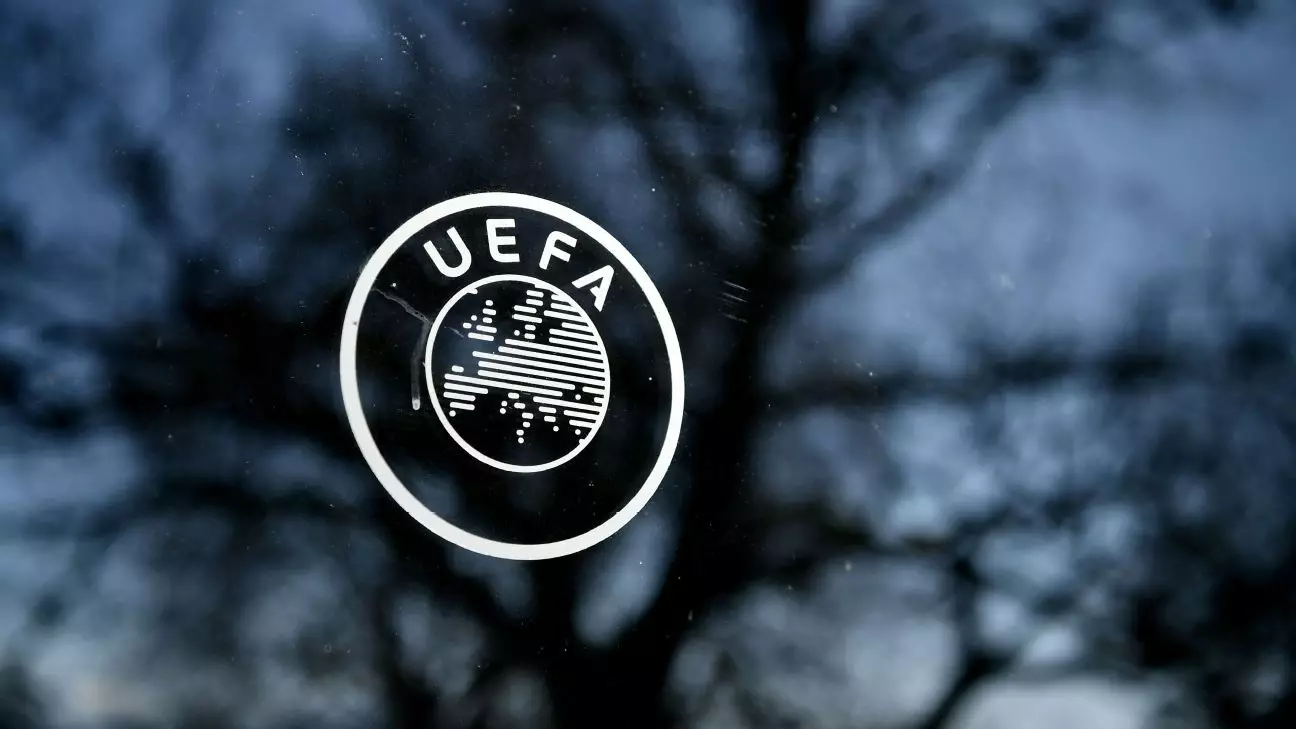The landscape of professional football is constantly evolving, and with it, the dynamics of power within its governance. Recently, UEFA has made strides to include players’ voices in its leadership by granting the professional footballer’s union, FIFPRO Europe, a significant role on its executive committee. This landmark decision signals a shift towards a more inclusive approach to football governance, recognizing the essential perspectives of those who play the game.
As the intensity of competitive football increases, so too does the concern over player welfare. The current season has seen high-profile athletes, including Ballon d’Or winner Rodri, openly criticize the crowded match schedules, warning that drastic measures—the possibility of strikes—may be necessary to ensure their grievances are heard. This highlights an urgent need for dialogue regarding workload management, as players are often stretched thin by the demands of both club and international duty.
In a statement, UEFA President Aleksander Ceferin emphasized the importance of player input, stating that “players are at the heart of football,” a sentiment that has often been overlooked. By granting seat at the executive table, UEFA not only acknowledges the players’ crucial role but also enhances decision-making processes that directly affect them. This initiative shows promise in addressing long-standing issues surrounding player workload, providing a platform for athletes to influence regulations that govern their professional lives.
The accord between UEFA and FIFPRO Europe is a three-year commitment, a clear sign that both organizations are taking tangible steps towards building a more inclusive future within football. This agreement is particularly relevant amid ongoing conversations around FIFA’s governance practices. Recently, FIFPRO Europe has aligned its legal efforts against FIFA, raising concerns regarding compliance with EU competition law, specifically around the expanded World Cup formats that lacked proper consultation. This context amplifies the need for UEFA and FIFPRO to collaborate, ensuring that players have a direct line of communication when it comes to reforms that could impact their careers.
Moreover, UEFA has committed to actively involving FIFPRO Europe in discussions associated with players’ employment conditions and competition changes. This new collaborative spirit is crucial, especially as football faces scrutiny from courts regarding its operational frameworks. As UEFA and FIFA revise their approaches to decision-making, inclusive dialogue appears to be a step in the right direction.
The decision to include player representatives on UEFA’s executive committee is monumental. It marks a departure from traditional governance structures that have often been accused of sidelining the athletes who are at the core of the sport. With clubs already occupying seats on the committee, the inclusion of player voices adds a critical counterbalance, fostering a richer, more diverse set of perspectives in discussions.
The establishment of the Professional Players’ Advisory Forum is another promising development, allowing active players to contribute their insights and experiences directly to the governance of their sport. This forum is set to convene for the first time in December, laying the groundwork for more informed policies around player welfare. The anticipation surrounding this initiative illustrates the potential for a more engaged and responsive governing body—one that prioritizes the health and rights of its players.
The recent shifts within UEFA represent a new paradigm in football governance, showcasing a commitment to transparency and engagement with stakeholders. As FIFPRO Europe President David Terrier noted, this agreement is a significant milestone for professional players across Europe, heralding a future where their voices matter more than ever.
However, the effectiveness of this initiative will ultimately depend on the ongoing collaboration between UEFA, FIFPRO, and the players themselves. It is crucial that actions follow words, and that players are not only included in discussions but that their feedback leads to substantive changes. The path forward is characterized by vigilance and active participation from all stakeholders, ensuring that football continues to be a sport crafted not just by its administrators but also by those who live and breathe it on the pitch.
As this partnership unfolds, the footballing community will be watching closely to see how these developments translate into tangible improvements in player welfare and governance practices. This momentous shift could redefine the relationship between players and administrators, creating a more equitable future for the sport’s myriad contributors.

Leave a Reply